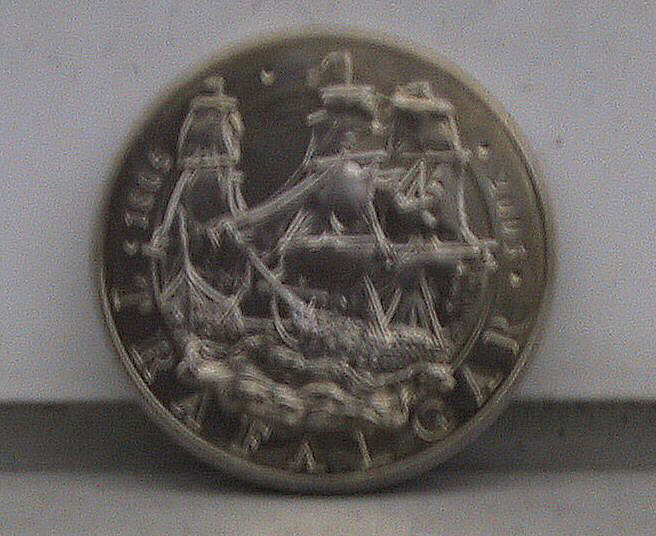England expects....Sir Home Riggs Popham and Marine Signalling


But how did he sent this signal?
It was done by means of flags. And the ingenious system used by Nelson's signaller was quite new and was invented by Sir Home Riggs Popham (1762-1820)
Popham had a very varied and quite remarkable career, as a soldier, as a naval officer, as a member of Parliament, perhaps as a buccanneer, certainly as a merchant trader!
He entered the navy in 1786 as a captain's servant. But he had a talent for navigation and for surveying and mapping. In 1786 he surveyed the coast of west Africa,. In 1790 he surveyed the island of Penang.
He bought his own ship and became a merchant trader, carrying cargoes for the East India Company. He was suspected of smuggling. However his abilities led to his being recommended by the Duke of York to the Admiralty as superintendent of inland navigation.
In 1798, whilst Britain was under threat of invasion from France, Popham invented a system of sea defences.
In 1800 he was appointed to HMS Romney and, at Copenhagen, he devised a signalling system or Marine Vocabulary, using flags to represent words or phrases. This was used by Nelson's fleet at Trafalgar and in 1812 was accepted by the Admiralty as the standard method of marine communication.
Find out more about Sir Home Riggs Popham
Return to Trafalgar index page